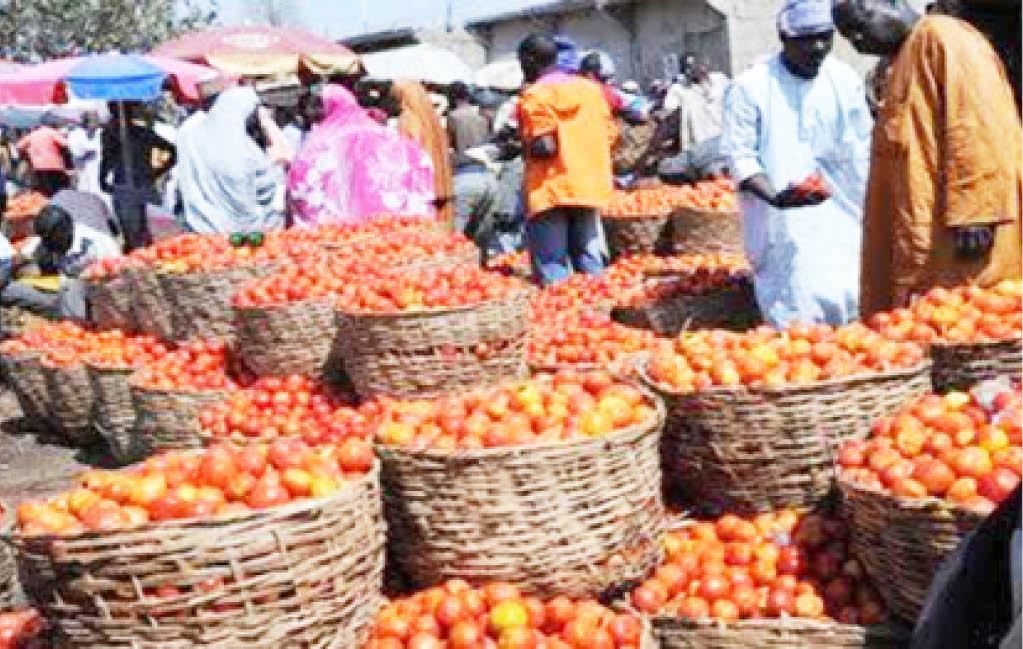Some Nigerians living in the Federal Capital Territory (FCT) have expressed worry over the continuous increase in prices of foodstuffs and other commodities this Eid-el Kabir festive season.
A visit to some markets in Abuja and its environs showed that the prices of good have continued to rise.
Some respondent told the News Agency of Nigeria (NAN) at Dutse Market, in Bwari Area Council that meeting their family needs was becoming increasingly difficult amidst lean resources.
Mallam Yahaya, a vegetable seller told NAN: “I am just trying to find happiness in my business since I don’t want to be idle. Making gains in this business is now a herculean task.
- UAE will soon Lift Visa Ban On Nigerians – FG
- Nigeria no longer needs PVCs for elections –Yiaga Africa
“I am selling perishable goods and I cannot keep them for too long because I want to make a lot of gains. If I don’t sell them, I lose everything. They are not like other goods in the market’’, he said.
Mrs Hajiya Hassana, another petty trader told NAN that the prices of foodstuffs were now determined by what wholesalers sell to retailers.
“I know that some buyers may blame us because they don’t know how we get these goods from the wholesalers; the challenge of transporting the goods to the market.
“It has not been like this before, things just changed automatically since the removal of the fuel subsidy.
“For instance, how will I buy a mudu of beans at N3,000 and sell it at a lesser price, it is impossible. I would rather stay at home than to come to the market and sell with no profit.
“It’s so unfortunate that it’s the final consumers who are affected most because it is not easy for some Nigerian households now in the country,” she told NAN.
Hassana, nevertheless, said she was trying her best to satisfy her customers as well as ensuring that she made some gains.
Similarly, Mr Mohammed Rabiu, a buyer, said it was unfortunate that he could not afford the feeding needs of his family due to the high price of food items.
Rabiu, therefore, pleaded for government intervention by using relevant instruments and institutions to bring down the cost of goods.
“A lot of people are ceasing the economic situation to dupe others and blame it on fuel subsidy removal.
“I witnessed how somebody will keep what she bought previously at a certain amount but refuse to sell those items.
“She kept them to watch when the prices would go higher so as to double the price and make higher gain.
“Let the government monitor the market with a view to controlling the prices of goods. This will help a lot in curtailing the rising cost of things’’ he said.
Similarly, Mrs Amina Bawa, another buyer, when asked how she was coping with the economy, said: “When I hear prices of foodstuffs, I feel like committing suicide. But I can’t because it is not a good thing to do.
“I can’t remember the last time I ate to my satisfaction, I only eat to survive,” she said.
Another respondent, Mr Idris Bello, urged government agencies with the responsibility of regulating the prices of commodities in the country to wake up to their responsibilities. (NAN)

 Join Daily Trust WhatsApp Community For Quick Access To News and Happenings Around You.
Join Daily Trust WhatsApp Community For Quick Access To News and Happenings Around You.


